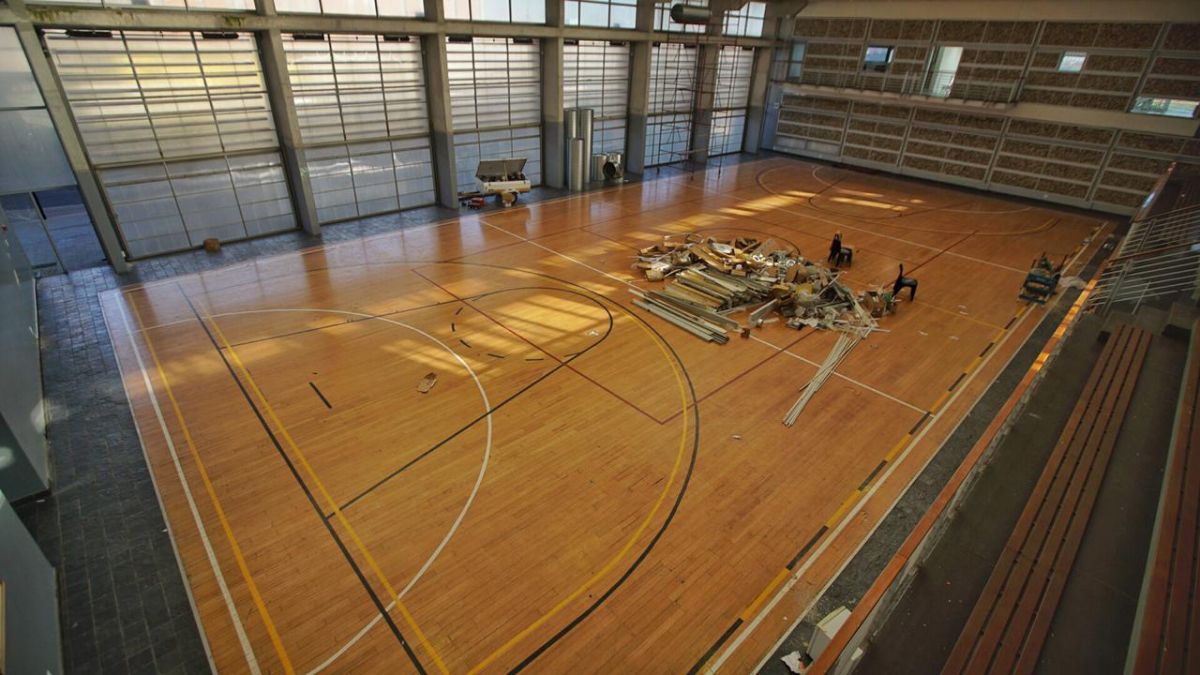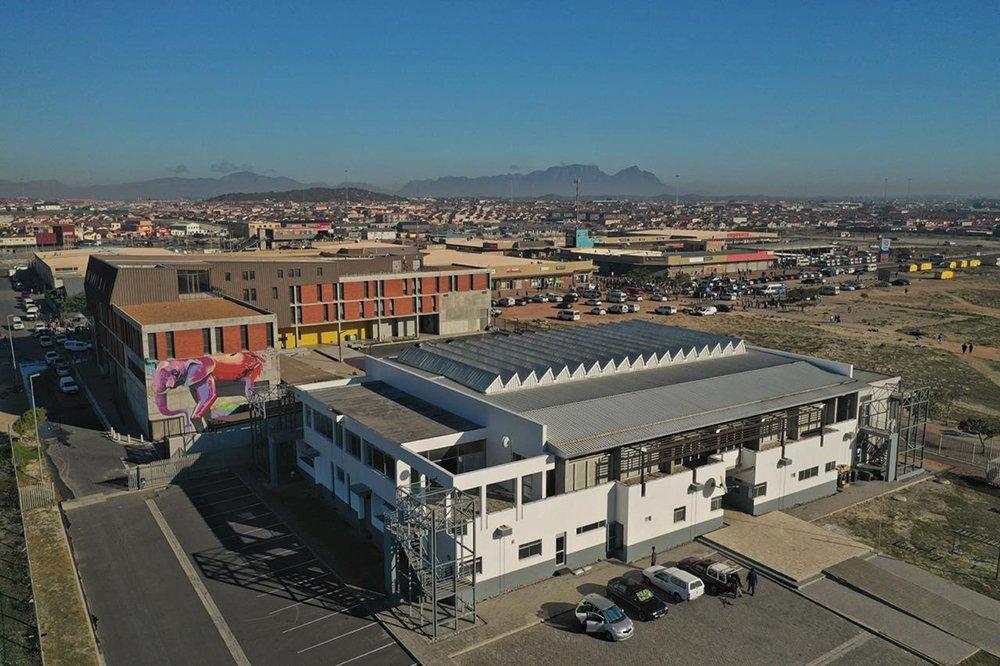Doctors Without Borders (MSF) alongside South African Minister of Health Dr Zweli Mkhize, officials from the Western Cape Government, Khayelitsha District Hospital and City of Cape Town, today launched a temporary 60-bed COVID-19 treatment facility, to meet the needs of the local community during the pandemic.

Established in a City of Cape Town-owned community sports centre, the Khayelitsha Field Hospital will function as an extension of the adjacent Khayelitsha District Hospital, essentially expanding its capacity to treat moderate to severe COVID-19 cases. The facility will be operational from 01 June for three months and will have a full complement of medical staff.
“It is a reality that if the epidemic peaks as predicted, a certain number of people will fall ill and need treatment. Increasing healthcare capacity in an attempt to meet that increased demand is the best way to be prepared to try to save lives. Acknowledging that sadly some will be lost and we can’t save everyone, we still see this field hospital as a real plus for people in need in Khayelitsha,” said Dr Eric Goemaere, project leader.
Donate now to help us respond to the coronavirus (COVID-19) pandemic
The facility is one of several Department of Health “intermediate care bed facilities” and will operate during the time of the projected peak of transmission in the Cape Metropolitan area. The Khayelitsha Field Hospital managed by MSF medical staff will offer inpatient care, access to all essential drugs to manage co-morbidities and oxygen supply to support to patients with breathing difficulties. It is not an Intensive Care facility, and sicker patients will be referred for intensive care units within the city as needed.
“This partnership with MSF has been essential for us at the Khayelitsha District Hospital, given the bed pressure brought about by COVID-19. Having this field hospital right across the road from us makes it easier, and helps to allay fears in the community,” said Dr Trevor Mnguni, a member of the Khayelitsha District Hospital team.
Khayelitsha Field Hospital is primarily for patients from the Khayelitsha community but may accept patients from other areas depending on capacity.

“We are doing this firstly to help the Department of Health to cope with a major humanitarian emergency due to the pandemic but also to bring treatment closer to home for those affected in the community of Khayelitsha. Support from the community is essential for this to succeed,” explained Nompumelelo Zokufa, a Health Promotion Manager with MSF in Khayelitsha.
“From our 20 years-long experience in treating HIV and TB we know that people want treatment closer to home. Responding in the community also helps to combat stigma,” she concluded.
Read more about MSF's COVID-19 response
MSF’s rapid responses to South Africa’s COVID-19 emergency – including the set-up of the Khayelitsha Field Hospital – depends on sustained independent, private funding from South African business and individuals alike. The medical humanitarian organisation’s recently launched South Africa COVID-19 Crisis Fund has seen growing support, reaching nearly 25% of the required R40 million target. MSF Southern Africa renews calls for wider support from corporations and generous donors to reach our target in order to protect the health of communities and bring medical care to South Africa’s most vulnerable.
